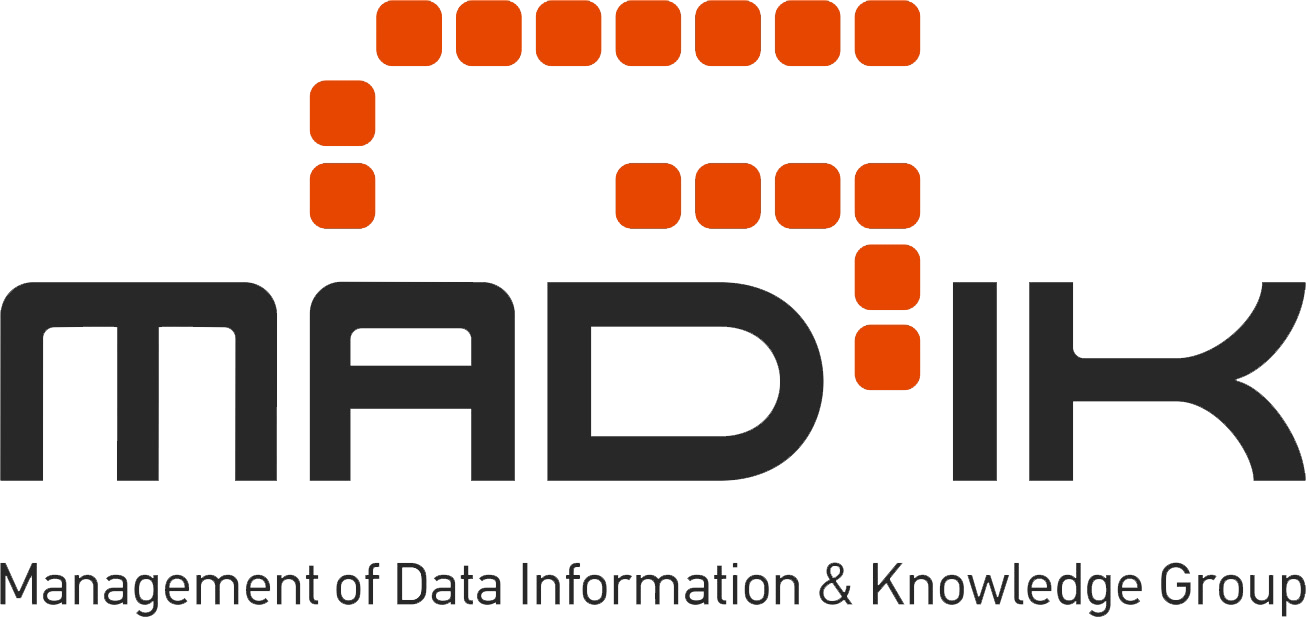License Clearance Tool: A holistic technical solution promoting open IP and open innovation practices among research communities
Open Science (OS) movement, remote collaboration among research communities and the increased quantity of new content, data and resources, have made it clear that traditional licensing schemes require new tools that would combine technical and legal features, as well as techno-licensing tools. In fact, the diversity of open licenses deprived from standardization frequently leads to situations where more than one open licenses with different or conflicting terms apply at the same time, and hence it gives rise to license compatibility concerns. This creates a legal uncertainty that may discourage authors, scientists, and researchers from releasing their work under an open license. In this paper, we identify legal and technological barriers that pose a challenge in adopting open science practices; thereafter, we present a new tool, named License Clearance Tool (LCT), which has been developed by the Athena RC (Greece) as part of the National Initiatives for Open Science in Europe – NI4OS-Europe (https://ni4os.eu/), a European project that contributes to the European Open Science Cloud (EOSC) by supporting its activities in Southeast Europe. LCT is an open-source tool, which provides a holistic approach addressing IP issues. LCT focuses on automating the clearance of Intellectual Property Rights (IPR) by ensuring the compatibility among different licenses included in the same resource and assists users on the selection of the most suitable license by providing a content summary of them with respect to permissions, prohibitions, and obligations in relation to the user needs. It is intended to support mainly researchers and non-legal experts in general to publish in FAIR/open modes.



